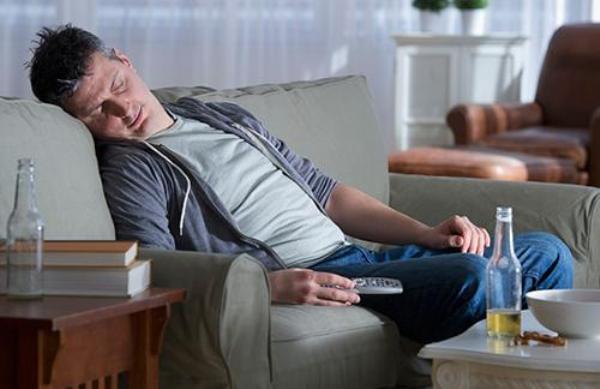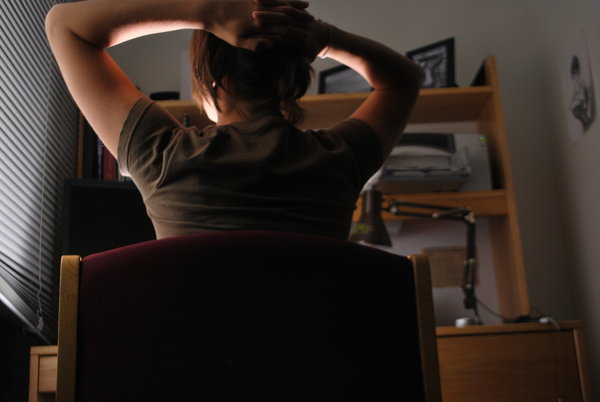
There are people who believe that alcohol has a deep relationship with sleep. They advocate that alcohol acts as an effective catalyst in inducing sound sleep. They believe that alcohol distresses the strained nerves and brain, which eventually cause sleep. This article will unfold the reality behind this belief.
The origin
The concept of using alcohol as a sleep aid initially initiated among the armed forces of the defense line. Drinking was a common practice among the defense personnel who suffered from sleeplessness. Later the practice crept into the lives of general masses. Consequently, it is estimated that almost 13 percent of the population now use alcohol as sleep aid.
The reaction
The relationship of alcohol on sleep later got transformed into more of a therapeutic aspect than addiction among some part of the population. Thus, it is also found that people who suffer from sleepless nights often start drinking quite reluctantly to overcome their problem. Alcohol has also become a trusted companion for those who remain awake till late at night. While in daytime then we are awake, we are involved in work and are surrounded by people all around us. But this generally absent during nights. Therefore, alcohol becomes a friend and a means of amusement for these nocturnal beings.
The Facts
Although alcohol helps in sleep, but it creates disturbances in the normal sleep cycle in the later period.
1. Disturbances in sleep
A full night’s sleep, which is segregated among three prominent divisions; light sleep, rapid eye movement or REM, deep sleep, is essential for a refreshed feeling and taking active part in physical activities the next day. But this gets disturbed due to alcohol consumption. Alcohol interferes with this normal rhythm of sleep by disturbing the second phase and REM phase of sleep cycle, when the sleep is the lightest. Thus, while the normal people have light sleep during that phase and dream (REM), the consumers of alcohol remain awake. This makes it difficult for them to wake up the feeling refreshed the following night. Consequently, they suffer from hangover.
2. Addiction and habit formation
The body gets accustomed to the effects of alcohol if one consumes it regularly. Hence, these people find it difficult to sleep at nights without a drink or two. Although this is totally psychological but there is hardly anything the alcoholic can do about it and keeps on drinking every day in a hope to have some sleep. So, alcoholism gradually becomes a habit.
3. Snoring is connected to alcohol
It has been found that those who have the habit of having a drink or two before bedtime, not only disturb their own sleep, but that of the others sleeping beside them too. This is because drinking before sleeping leads to moderate to extreme snoring. Alcohol affects the pharyngeal muscles to relax. Thus, when air passes through the nostrils to reach the lungs, these muscles vibrate vehemently. This causes snoring.
4. Other health concerns
Certain substantial researches on alcohol and its effects on sleep and human health suggest that rather than conducing sleep, it causes sleep apnea, a typical breathing problem. In some of the most fatal and unfortunate conditions sleep apnea also leads to certain serious health hazards like, heart attack, stroke, atthythmia, sudden death, etc.
What do the experts say?
It was recently published in the American magazine, Province that majority of US population who try to adopt self medications to overcome insomnia, spend most of their money on alcohol. In this context, sleep expert, Dr. Adam Moscovitch comments that alcohol cannot benefit conditions of sleeplessness. Rather, it has a negative feeling and deprives the sufferer from deep sleep. Moreover, this becomes a cyclic phase where the sufferer sticks to alcohol to get rid of insomnia and the sleep process further gets disrupted. So, medical professionals always recommend that those who suffer from insomnia and sleeplessness must follow a measure only after getting consultations from a doctor.
Quick tips
1. Alcohol can never be the catalyst of sleep. So never try to drink alcohol just to induce sleep.
2. Avoid drinking alcohol within three to four hours before bedtime as it can cause serious health hazards.
3. If you suffer from disease like cardiac problems, high blood pressure, high cholesterol, cancer, stay away from alcohol as it is a poison for such circumstances.
4. In case if you like to have drink frequently, restrict it to one peg a day only if you do not want to make it habit forming.
5. Drink alcohol only after judging that your own health conditions are suitable for consuming the same.



